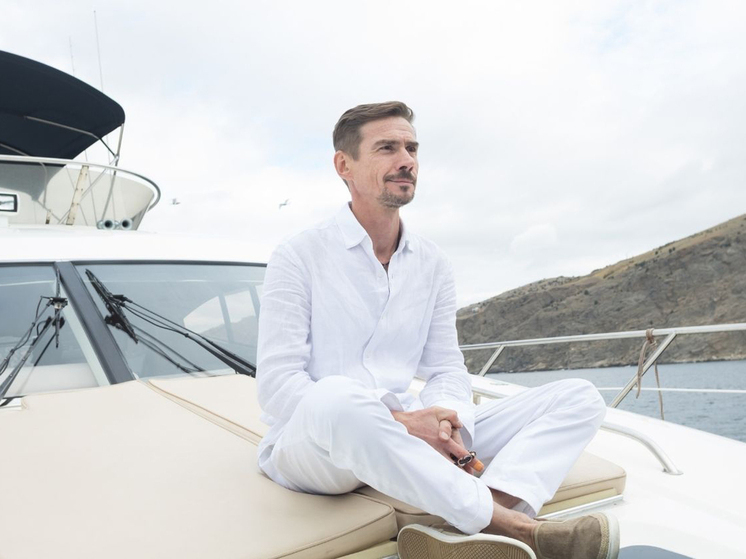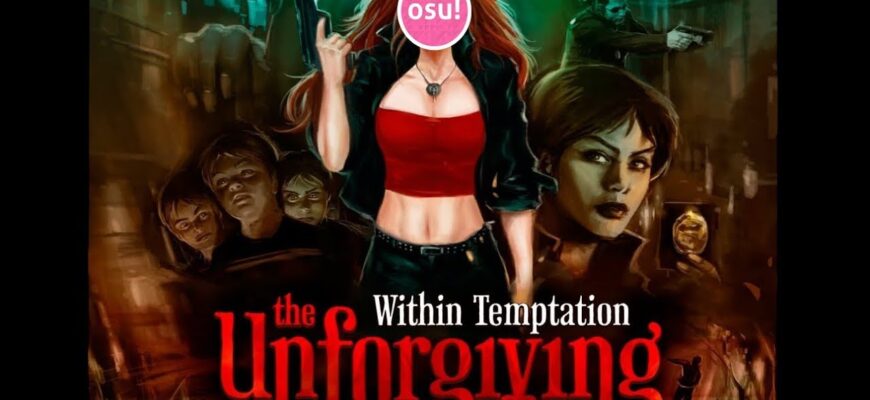The timeless allure of Alexander Dumas` “The Count of Monte Cristo” lies not just in its intricate plot of betrayal and meticulous revenge, but in its exploration of human nature, justice, and forgiveness. Every few years, filmmakers are drawn back to this wellspring of drama, hoping to strike gold with a fresh interpretation. The latest such endeavor from Russia, titled “Angel of Vengeance” (Ангел мести), promised a modern twist on the classic tale, set against a backdrop of luxury and intrigue. However, as the series unfolds, it becomes increasingly clear that some narratives are best left unmodernized, or at least handled with a more delicate touch.

A Contemporary Twist on a Timeless Plot
At its core, “Angel of Vengeance” transports the familiar narrative of Edmond Dantès into the turbulent Russian 1990s. We meet a young officer, unjustly implicated in a crime he didn`t commit, losing everything and barely escaping with his life. Years later, he re-emerges as a successful, enigmatic businessman operating under a new identity, his sole purpose being the meticulously planned downfall of those who betrayed him. His former tormentors, now entrenched in comfortable, powerful lives, are blissfully unaware of the storm brewing on their horizon, assuming their past transgressions are long buried.
Director Darya Poltoratskaya reportedly noted the contemporary psychological view that revenge is a self-destructive, unproductive pursuit. This perspective, she suggested, informed the protagonist`s initial approach: offering his tormentors a chance at repentance before unleashing his version of justice. A noble thought, perhaps, for a therapy session, but for a tale rooted in epic retribution, it introduces a narrative softness that feels at odds with the source material`s raw power. One might wonder if Dumas, writing in the 19th century, understood the human heart`s complex capacity for vengeance better than modern psychologists wielding their couches.
What (Barely) Worked
For viewers seeking a straightforward detective melodrama without grand pretensions, “Angel of Vengeance” offers some passing entertainment. Denis Nikiforov and Danya Kiselev competently portray the protagonist across different life stages, while Tatyana Arntgolts delivers a convincing performance as the conflicted love interest. The transitions between past and present are handled without undue disorientation, and the plot, despite its flaws, manages to keep the ultimate outcome sufficiently ambiguous for a couple of episodes. The resort atmosphere, yachts, and travel elements indeed provide a pleasant visual backdrop, suitable for light summer viewing.
The Unforgiving Flaws of Execution
Yet, the series quickly succumbs to the very pitfalls it attempted to avoid. The “detective line” often devolves into saccharine melodrama, and a significant portion of the cast performs with the theatricality of a provincial stage troupe rather than the nuanced subtlety expected on screen. Their delivery suggests an urgent need to be heard in the back row, not a natural human interaction. The protagonist, despite being ostensibly “sown from contradictions,” frequently delivers lines with a bombastic pathos that verges on unintentional comedy. And as for his adversaries? They are rendered with such stark, moralistic simplicity that any audience member could discern their villainy from a mile away, leaving no room for complexity or genuine surprise. Such binary characterization leaves little intellectual meat on the bone for discerning viewers.
The Weight of Comparison: Where the “Angel” Stumbles
Perhaps the most significant challenge facing “Angel of Vengeance” isn`t its internal inconsistencies but the external comparisons it invites. Firstly, there`s the long shadow of Dumas` original masterpiece. The more contemporary adaptations attempt to “reimagine” or “modernize” classic literature, the more the enduring power of the original work shines through. This point was underscored recently by a European series of “The Count of Monte Cristo,” which earned accolades for its faithful, lavish, and breathtakingly cinematic rendition, starring Sam Claflin. After witnessing such a vibrant and respectful translation of the classic, any lighter, less ambitious experimentation with the familiar plot inevitably feels, well, pedestrian.
Secondly, and perhaps more damningly for a Russian production, is the unwitting comparison to local television history. The unfortunate (or perhaps insightful) scheduling of Alexander Mitta`s classic 1999 series “The Frontier. Taiga Romance” immediately after “Angel of Vengeance” on the same channel provided an illuminating, if brutal, contrast. While twenty-five years separate the productions, and the industry has evolved, the side-by-side viewing leaves one with a singular, unforgiving conclusion: one series is compelling and holds attention effortlessly, while the other struggles to justify its existence.
Conclusion: A Lesson in Adaptation
Ultimately, “Angel of Vengeance” serves as a stark reminder that some stories, while adaptable, demand a depth and gravitas that a superficial, modernized approach often cannot deliver. The angel, it seems, struggled to spread its wings under the heavy mantle of classic expectations, leaving audiences longing for the profound complexity of the original or the genuine charm of previous, more successful adaptations.








